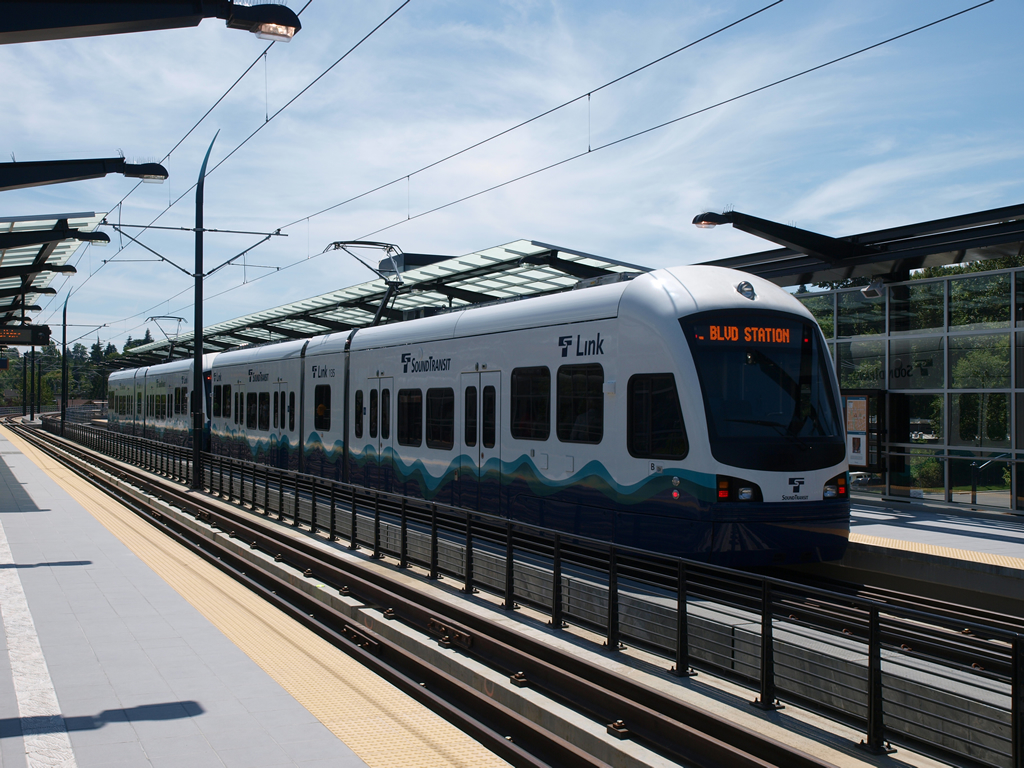Sound Transit has given up on its failure-prone escalators at University of Washington Station next to Husky Stadium, and says they’ll be replaced soon by a combination of stairs and stronger escalators.
In addition, the U District Station opening in 2021 will be redesigned to include stairs to the lower level where people board the trains — instead of depending entirely on escalators like the deep UW [Stadium] and Capitol Hill Stations do currently.
That will be done through a change order to the contractors.
By March of next year, an emergency staircase at Capitol Hill Station will be converted to all-day public use, the agency also says.
Malfunctioning escalators are the bane of transit agencies everywhere, not just around here. When I was in Paris last month, I encountered broken or out of service escalators in Metro stations more than once. The moving walkways found in airports and other facilities — a cousin of escalators — also are prone to breaking.
It’s true Sound Transit could have ordered the tougher “transit grade” escalators for its stations instead of the cheaper commercial ones (and it should have!) but that doesn’t mean there wouldn’t have been breakdowns.
The main lesson here is that it pays to invest in well engineered, carefully thought out stations instead of trying to save a few bucks here and there on things like escalators — especially to appease naysayers who will never be happy.
Road warrior critics of Sound Transit are constantly demanding the impossible: build high quality transit on the cheap (and fast), or not at all.
That is a false choice which we have repeatedly rejected.
The agency’s plan to convert escalators to stairs and replace the standard escalators with the transit-grade ones makes a lot of sense.
Plain old stairs can take a pounding and don’t go out of service at inopportune times. Elevators will still be available for those in wheelchairs or walkers, plus riders with strollers, bicycles, and luggage.
Sound Transit is already planning ahead for its new stations to ensure that none have the kind of escalator bottlenecks that Capitol Hill and University of Washington Stations have had. The platforms at the stations that are due to open in the 2020s (like those in Bellevue and Redmond) will all be accessible via stairs alone, so that escalators don’t stop riders from getting to or from the trains.
Applying lessons learned from the first phase of Link light rail’s build out will definitely benefit stations that are due to be added in the second and third phases.

